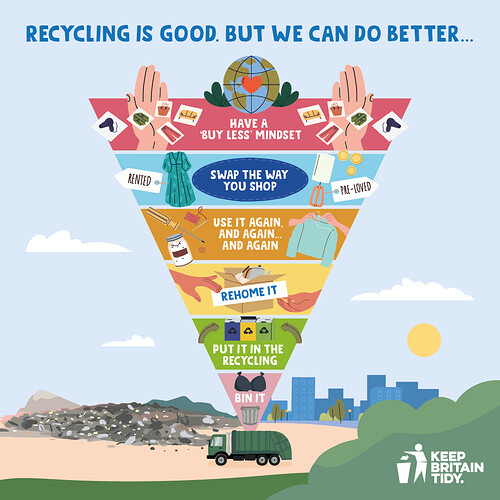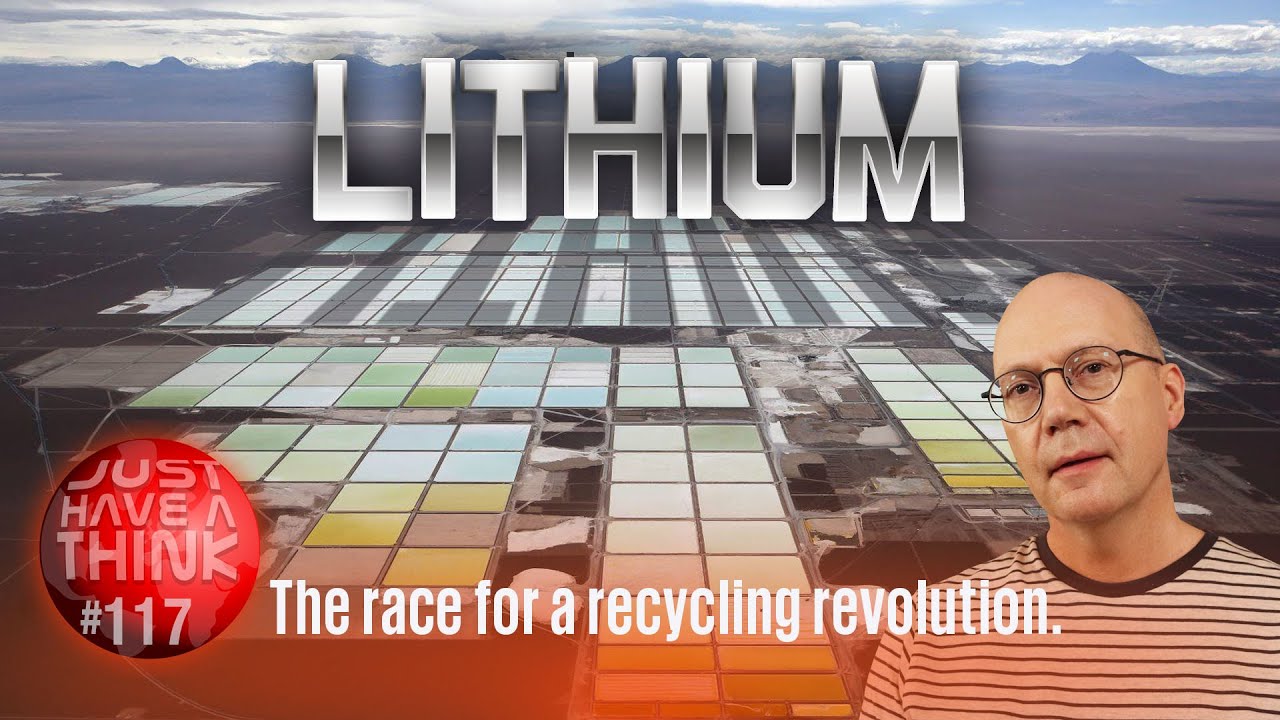A recent article in New Scientist suggests that tree planting may be 15 - 30% less effective in combatting climate change than previously thought.
A Sheffield University study looked at other effects than raw CO2 absorbtion and found some of these may reduce the net benefit. Forest cover can absorb more sunlight than the ground cover it replaces with a warming effect. And chemicals released by trees (the “smell of the forest”) can react with other chemicals which would otherwise absorb methane, and react with oxides of nitrogen to produce ozone - both ozone and methane being greenhouse gasses, and ozone negatively affects crops and can kill trees in sufficient concentrations.
The authors of the study say they haven’t considered all the possible effects and that the whole picture is extemely complicated, but the take-away seems to be that whilst tree planting is absolutely worthwhile, it’s got to be in concert with every other means at our disposal for reducing global warming. And that, of course, includes repair and reuse to combat over-production, over consumption and depletion of basic raw materials.
Talking of which, a hot topic seems to be how to get the message across that recycling is no bettter than a last resort. I’ve recently started working in a small way with Herts County Council Environment and Waste Dept. They simply send their waste electricals and electronics to a recycling contractor. Which immediately raises several questions in my mind.
Ferrous metals, copper and aluminium can perhaps be recycled fairly effectively, but what is the quality of the output? I guess not nearly good enough for the manufacture of high quality steels, aluminium alloys or electrical grade copper. And what is the energy input needed?
What about rare earths, gold, gallium (used in LEDs) and other critical raw materials? These will constitute a small fraction of every tonne of waste sent for recycling. Does anyone even attempt to recover these? And again, at what cost?
Two key metrics for each raw material would be interesting and instructive to research:
-
What percentage of the total consumption (a) is, (b) realistically could be replaced by recycled product? In a truly circular economy this would be 100%.
-
What is the energy cost of refining the raw material from waste as a percentage of the energy cost of mining, transport and refining new raw material? If this is greater tha 100% then it’s only worthwhile for scarce raw materials, and for them, the carbon footprint may be significant.
I recently wrote to my MP urging him to support the Repair and Reuse declaration, and got a very feeble response, essentially saying we’ve got WEEE - what’s the problem? We need basic data to counter this attitude. And anyway, what are the compliance levels with WEEE?

